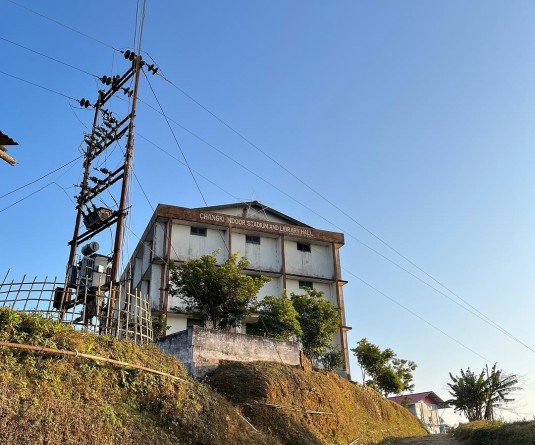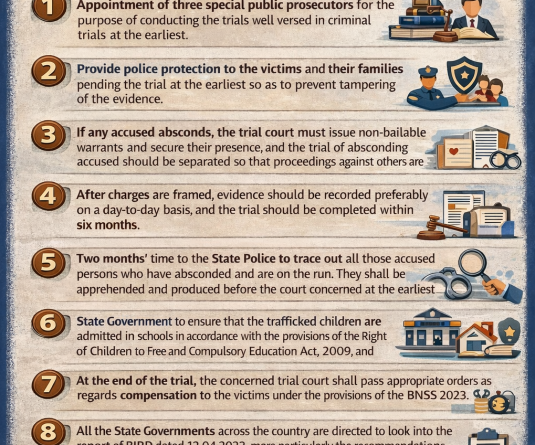
Vibi Yhokha
Kohima | March 19
Kohima | March 19
“I came to know about Naga history after I left Nagaland. It is embarrassing and frustrating when outsiders know more than you of your culture and history,” says a Naga youth studying in Delhi. A nation, society or civilization is defined by its history; a society deprived of its history is one without an identity. The demand for the inclusion of Naga history in the school curriculum has become a cliché after 50 years of statehood; larger the delay, greater the risk our society runs of losing our history.
“We are losing our older generation and today’s generation is so busy trying to catch up with the world that they tend to ignore their roots,” says Dr. Neikesanuo Sorhie, who feels that young Nagas are deeply influenced by foreign cultures, and with globalization, as cultures are assimilated, Naga culture faces the issue of losing its originality. Dr. Sorhie shares that most Nagas born and brought up in Nagaland hardly know their roots—the little Naga history and culture her generation learned was mostly through elders and neighbours. “Only a few are interested in our history; the rest are least bothered. We need to include our history in the school curriculum so that even those not interested can grasp at least something about our history,” she asserts.
“It is frustrating to see Naga graduates who don’t have any knowledge of our history, be it socio-political, religious or economic,” adds another youth.
In the larger context, it is not just the Nagas but mainland Indians also who need to know the history and culture of the Nagas and the North East, according to Sedevikho Angami, General Secretary, Angami Students Union (ASU), who says, “We have rich cultural heritage which needs to be highlighted in the mainland.” Sedevikho also feels that the problem of racism against people of the North East is perhaps due to ignorance.
Rosemary Dzüvichü, Associate Professor, Nagaland University is of the opinion that youngsters today have a lesser feeling of “being Naga.” “The problem with the younger generation is that they are made to study only about European, British and Indian history. We need to be in touch with our roots. Any kind of history is a fact; as is the Naga political struggle, and its facts need to be written down,” says Rosemary, who feels that youngsters need to be aware of the Naga indigenous struggle for Self Determination; unless we have the courage to include such history in the curriculum, the younger generation will remain ignorant.
Then there is the need to introduce an indigenous perspective in the curriculum such as the traditional religion and customary laws of the Nagas before the arrival of Christianity, say a number of citizens. Religion and traditions were interconnected. Traditional religion was one of conscience, of knowing the difference between right and wrong. Justice was dispensed on moral conscience. Today the Naga society has forgotten that fundamental aspect, they say.
Rosemary opines that Nagaland has enough well-known historians and academicians for the SCERT to conduct a workshop with a panel of Naga experts—people who have done intensive research on Naga history and culture—to get their feedback and suggestions. There is a need for all stakeholders – politicians, civil society leaders, policy makers, educationists – to come together and form a committee so they can seriously discuss details that need attention.
Will the Nagaland State Government discuss and take steps to address these urgent issues? The Naga public is keenly observing and waiting for a solution as the Nagaland Legislative Assembly begins.






